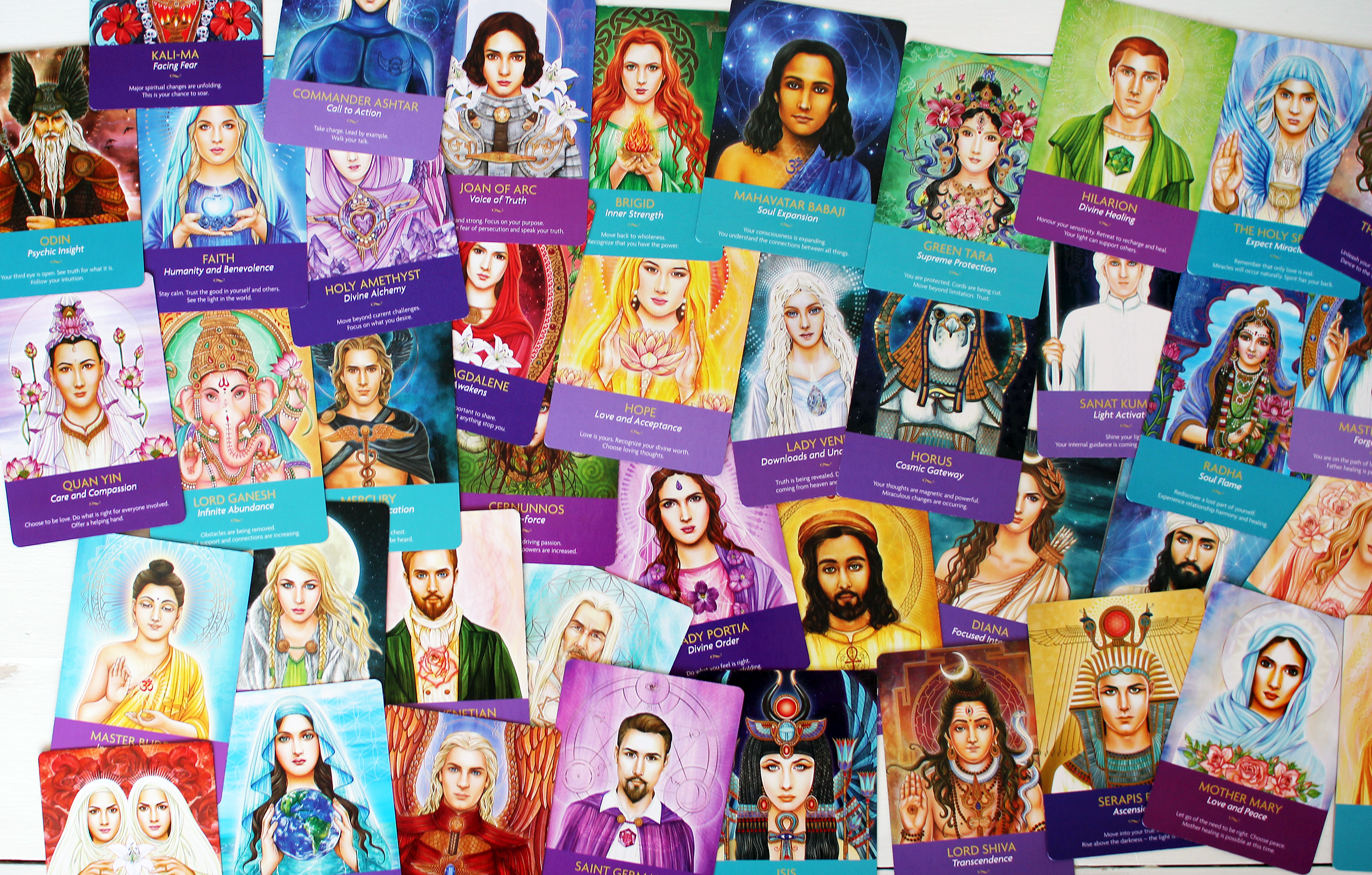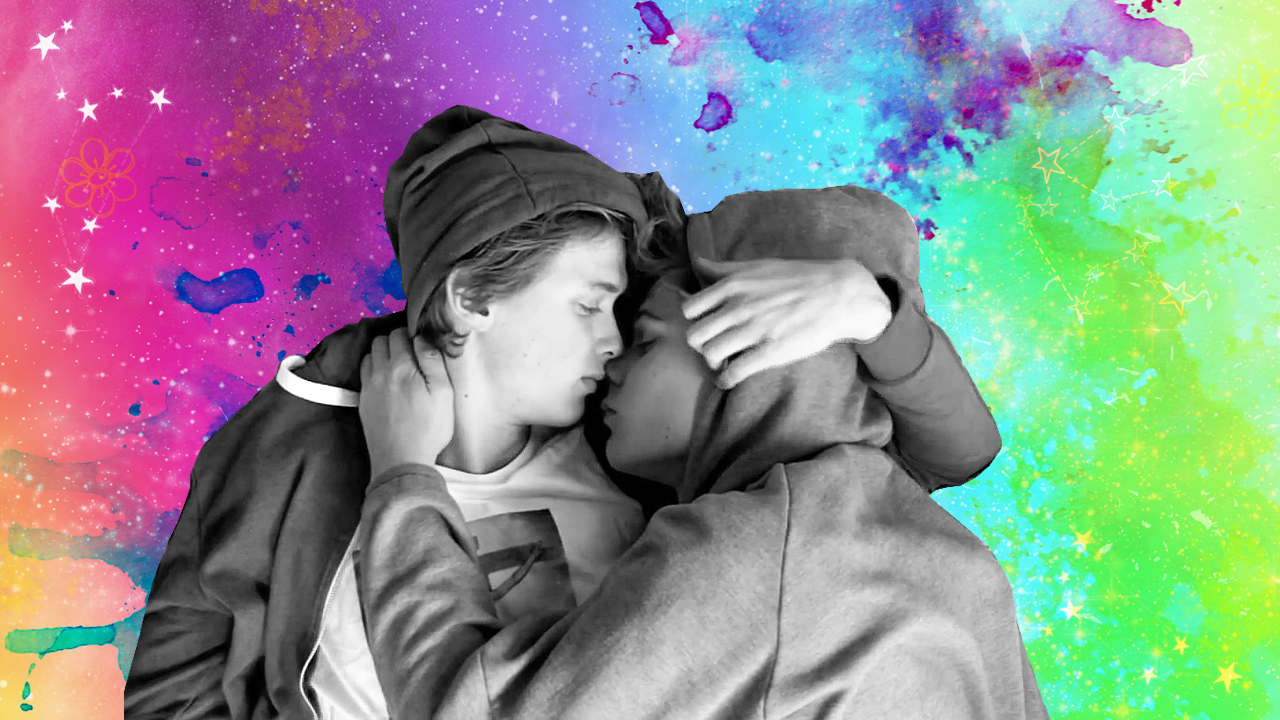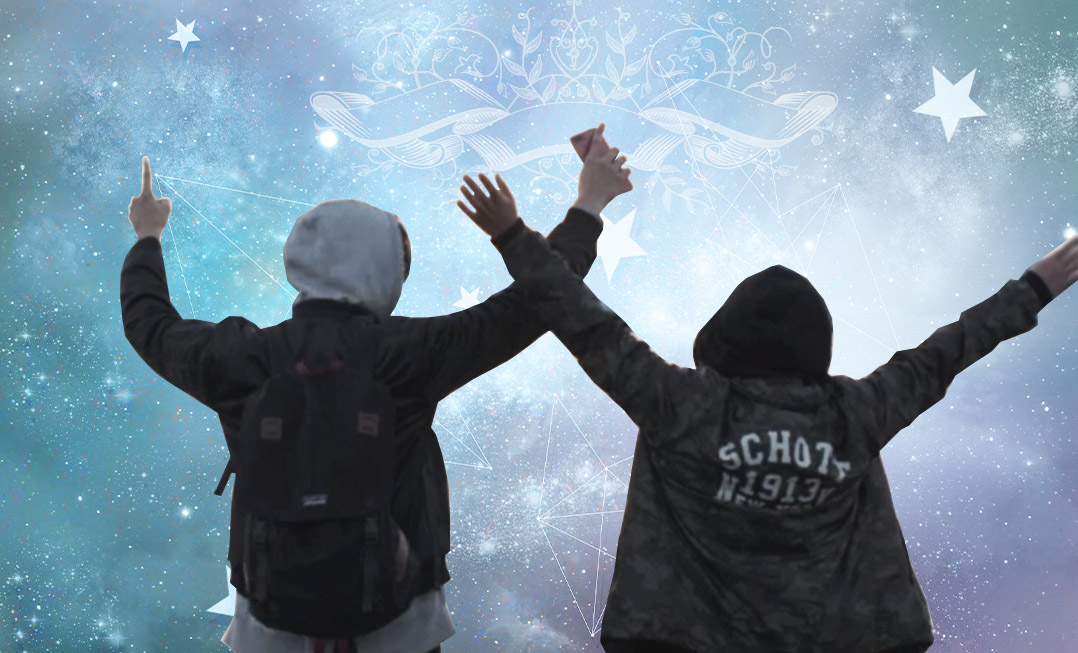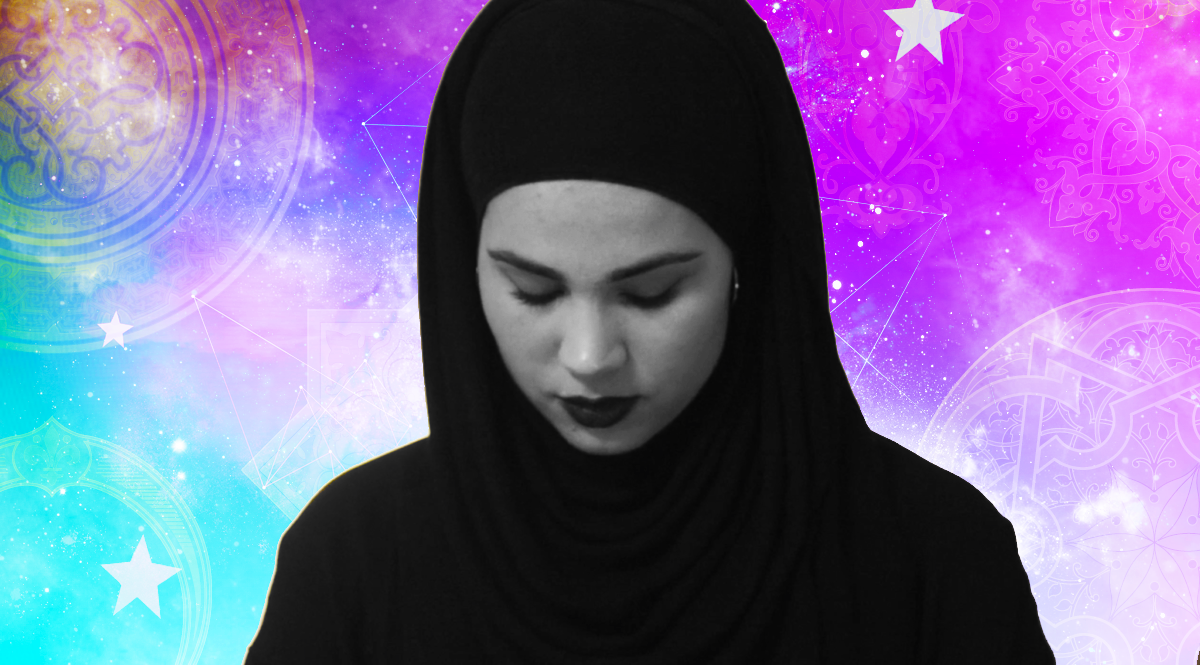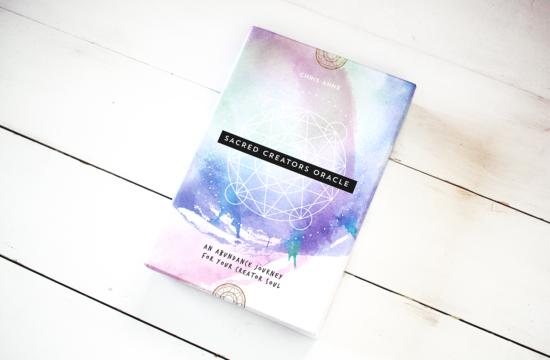SKAM & Spirituality
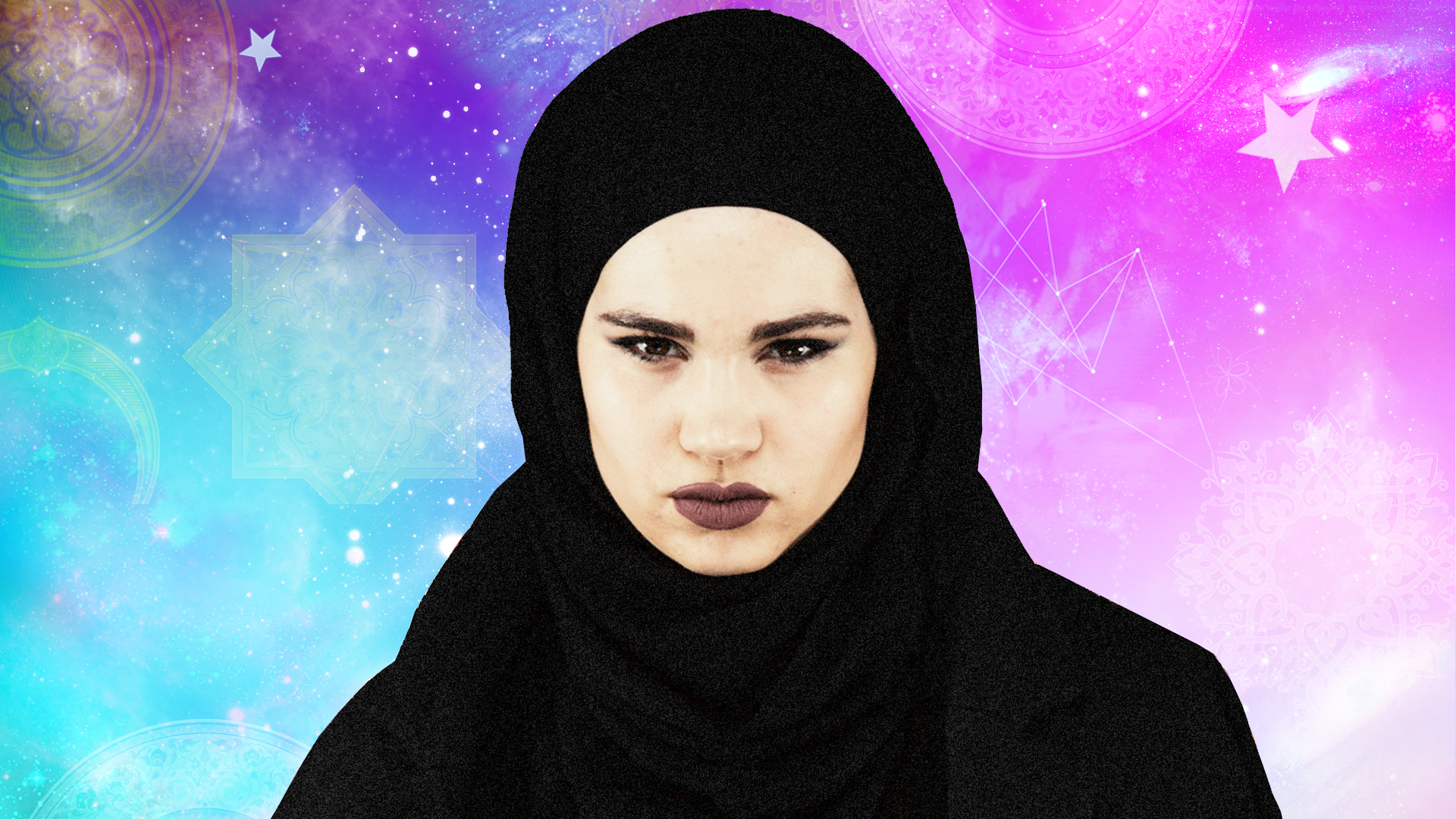
SKAM (translated to “SHAME”) is one of the most successful television programs to come out of Norway, if not THE most successful. There are two dominant themes throughout the series: first loves & identity. However, there is another theme that has remained present (albeit in the background) throughout the seasons: religion & spirituality. I will get to that soon but first I want to give a little background on the show and the characters.
If you have been living under a rock and never heard of SKAM, it is a series based on teenagers that attend Nissen High School in Oslo, Norway. It doesn’t sound ground-breaking when you read a one sentence synopsis, but the format of the show is unique and unlike anything that has come before it. Clips are released in real time throughout the week on the NRK website, and then combined into one episode that airs on a Friday evening. By doing this it targets both the teenage crowd (their target market) by allowing them to live their lives alongside the characters which keeps them engaged 24/7. It also targets the older crowd who are used to more traditional media and sitting down to watch an episode of a show on television each week.
To make the show even more realistic, we see their social media posts on screen. Messenger conversations, YouTube channels, Instagram posts, FaceBook accounts, and Tinder are utilised in a way that we use social media these days as millenials in a way that no other show has done yet. As a viewer you can follow the characters you love on social media for extra content, blurring the lines between the actors real lives and the characters.
You can compare television shows like UK’s Skins to SKAM’s format but SKAM is even better. It’s less gritty and peculiar than Skins, but just as juicy and entertaining. SKAM focuses on one character’s perspective each season, as opposed to each episode as seen on Skins. This allows you to dive deeper into a character’s story arc and follow their journey in-depth throughout the 3-4 months in which the season takes place.
All the characters make mistakes like any other teenager, but SKAM never judges or pities their characters, leaving you to come to your own conclusions and space to come up with theories to fill in the blanks. SKAM trusts that you are a smart individual and doesn’t treat you like you are an infant like some series tend to do. If I had to pick one word to describe SKAM apart from amazing, it would be heartfelt.
Warning: This post will contain spoilers up until episode three of season four.
“It’s 2016 and the world is progressing.
Don’t you get that it’s [religion’s] nonsense?”
The first season focused on Eva; a girl who had no friends apart from her boyfriend and his best friend. We follow Eva’s journey while she finds a new group of friends and navigates her messy, seemingly perfect teenage relationship. Eva never mentioned her religious, spiritual or personal beliefs and most of her moral compass was influenced by the people around her. Spirituality was not a factor in Eva’s season apart from the offensive remarks made towards Sana who is a Muslim girl in Eva’s friendship group.
Fan-favourite Noora was the focus of season 2. Noora is a strong feminist and loyal friend that we fell in love with in the first season. We followed her journey of falling in love with the teenage heartthrob/fuckboy, William (aka Willhelm). We mostly see her struggle with her feminist identity and navigate her way through her feelings for William as her judgement is clouded by love and she feels not like herself. Unlike Eva, Noora’s moral compass is completely internal which is why she found it so challenging when William challenged her views. Spirituality and religion was not much of a factor for Noora either as she was so self relient and introverted when it came to her values. When Noora began questioning her own ideals during her relationship with William, Sana gave her the following advice: “If you say you’re in favor of a world full of peace you actually have to try to understand why others think and act the way they do.”
Note: Season 2 also deals with darker themes that may trigger some people so please be sure that you will feel safe watching.
“If you say you’re in favor of a world full of peace you actually have to try to understand why others think and act the way they do.”
Season 3 was the most popular by far and focused on Isak who is struggling with his sexuality and home life so he moves into Noora’s old room once she leaves to move to London (spoiler: she returns). His relationship with new student Even is complicated, messy, on and off, and devastatingly beautiful. To quote Ronan Keating, life is a rollercoaster for Isak. Although Even is not the first boy Isak has had a crush on, he is his first real relationship and like Eva and Noora, we watch him navigate the waters of his first love.
Isak’s mother is very religious and sends him regular Bible passages via text message, causing Isak to roll his eyes and question if his parents will accept him if he is gay. He stands up for Sana (his biology partner) when a teacher calls her hijab a burqa, but struggles to understand her faith himself. He once asked her, “no offence, but why are you actually religious?” Towards the tail end of the conversation Sana asks him what he believes in, his reply is “I believe in science. The theory of evolution. Nothing else.” Despite not identifying with any religion, Isak is still somewhat interested in the metaphysical and has his own beliefs about parallel universes and infinity.
Towards, the end of the season Isak finds out that his boyfriend Even once memorised the Quran in Arabic. Although this has not been discussed further in the show yet, there are many fan theories about what this could mean in the context of the fourth and final season with Sana as the main character. Even’s secret past at his old school has not been exposed yet, all we know his that he “acted crazy” and was friends with Sana’s older brother at one point. This is going to cause a lot of drama between Isak and Even as they have never talked about it and Even continues to hide what happened even when questioned about it.
“Can’t we just agree that there’s a lot between heaven and earth none of us know about? Instead of sitting here criticising my religion, just respect that we have chosen different beliefs.”
After being a scene stealer in the first 3 seasons, Sana is now the main for season 4. Sana is a muslim girl who is a badass, a fiercely loyal friend and an all-around adorable munchkin (but don’t tell anyone). Continuing the theme of the show of ‘first loves’, Sana’s season seems to be heading towards being about her first relationship (she is not in a relationship as of the time I am writing this during episode 3) as she is crushing on her older brother’s friend, Yousef. Yousef is a sweet, caring, funny, smart, attractive boy who works at a kindergarten and wants 12 (yes TWELVE) kids so he can have his own football team. Being an introvert, Sana keeps her cards close to her chest and doesn’t let on to her friends about her crush.
In her own words, Sana’s main struggle is being “a muslim girl in a faithless country”. Balancing her home life, her spirituality, and her friends is a continuous juggling match and she is going to drop the ball eventually. She is on a russ bus with her friends and has not told her mum about it yet. Her friends have no concept or idea of her culture and beliefs; her friend Vilde in particular has made offensive comments in the past (Sana just glares, rolls her eyes and moves on as she is used to it). In previous seasons Sana has been an enigma; we have had jokes made about her “magical hijab”, reflecting just how naïve most of us are to Muslim culture.
Julie Andem, creator of SKAM, said the following in relation to creating a character like Sana, “The point was to make a character that chooses her own relation to her religion. She has strong faith, but she doesn’t need to relate to the whole package the culture is trying to push on her.” It’s incredibly interesting as the season 4 trailer when reversed plays the song “Don’t let me be misunderstood” which was performed by a women who converted to Islam.
The first three episodes of Season 4 were quite peaceful but most of us knew it wasn’t going to last as Julie Andem said, “shit’s about to go down”. She wasn’t wrong. At the end of the third episode, Sana finds out that Yousef (the boy she’s been crushing on) is not Muslim like she had assumed he was. Although it remains to be seen how she will proceed knowing this news, it’s safe to say that it will cause a lot of inner turmoil for Sana.
But I’m just a soul whose intentions are good
Oh Lord, please don’t let me be misunderstood
As someone who identifies with new age spirituality, attended a Lutheran high school and has mostly as athiest or agnostic friends, I am incredibly fascinated by Muslim culture and Islam. All I have heard about Muslims prior to SKAM is what is depicted on the news or shared on social media which is incredibly racist and xenophobic. There is a lot of fear in Australia about Muslims and I am so grateful that a show like SKAM exists and has reached me on the other side of the world thanks to the internet. This season of SKAM has come around at the perfect time. We need to be educated and we need to have our eyes opened instead of living in segregation and ignorance.
One of the most interesting things is how SKAM plays on the prejudices we have internalised so much that we don’t even realise how judgemental they are. This is shown through the character’s own prejudice. Isak has internalised homophobia and despite questioning is his sexuality and living with his roommate Eskild (who is an openly proud gay man), he claims in Pride (click and scroll for full clip translation), “There’s nothing wrong with being gay, it’s just that I’m not gay gay. […] You understand what I mean. You talk about sucking dick and Kim Kardashian and lavender scents out loud. I mean, I totally respect that you’re taking the gay package all out, I’m just not like that.”
Instead of Eskild having an immediate hot headed tumblr-like reaction, he takes the time to educate Isak in a calm, quiet way, ending the conversation by saying, “and now I don’t really want to talk more with you, so now you can just sit here and think about what I said”, then calmly leaves the room. There was no shouting, yelling, accusing or abuse. In such a simple yet thoughtful way SKAM shows us how to treat each other and how to have important conversations with the people in our lives. Isak is not a villian for saying what he said which was quite offensive and thoughtless, but he is flawed like the rest of us. Flaws do not mean you’re a bad person. Being uneducated does not mean you’re a bad person. It just means you have something to learn.
“Islam says the same as always. That all people in this world are of equal worth. And that no man shall be slandered, violated, judged or ridiculed. If you hear someone use religion to justify their hate, do not listen to them. Because hate doesn’t come from religion, it comes from fear.”
SKAM’s success is unprecedented, especially for Norwegian entertainment. One-fifth of Norway watch SKAM on a weekly basis, and in 2016 it became popular worldwide thanks to social media (Tumblr in particular). Unfortunately, it was recently announced that season 4 was going to be SKAM’s final season. The fandom remains confused, devastated and in disbelief at the news as SKAM was perfectly set up for six seasons, but we keep on carrying on and are enjoying this season while it lasts.
A US version of SKAM called SHAME is currently in development. This has caused both excitement and concern amongst the fandom as SKAM is a precious series that is dear to our hearts. We hope that SHAME does justice to the original, whilst not being a direct copy. It will be interesting to see how they approach the spiritual and religious themes portrayed in SKAM, as America is a very religious country with 70% of the population identifying as Christians, 30% being agnostic or atheist, and less than 1% identifying with Islam. The United States are known to be a very racist and intolerant country when it comes to Islam and depending on the team hired to write the show, they may fail to straddle the line between depicting the racism that Muslims face, and being downright offensive.
If you’ve watched SKAM please come chat about it with me in the comments below! I would love to hear your theories, analyses and straight up fangirling about this wonderful show. If you’ve never watched or even heard about SKAM, I hope I’ve inspired you to watch it and I hope you love it as much as the rest of us do.
 NEXT ITEM
NEXT ITEM
